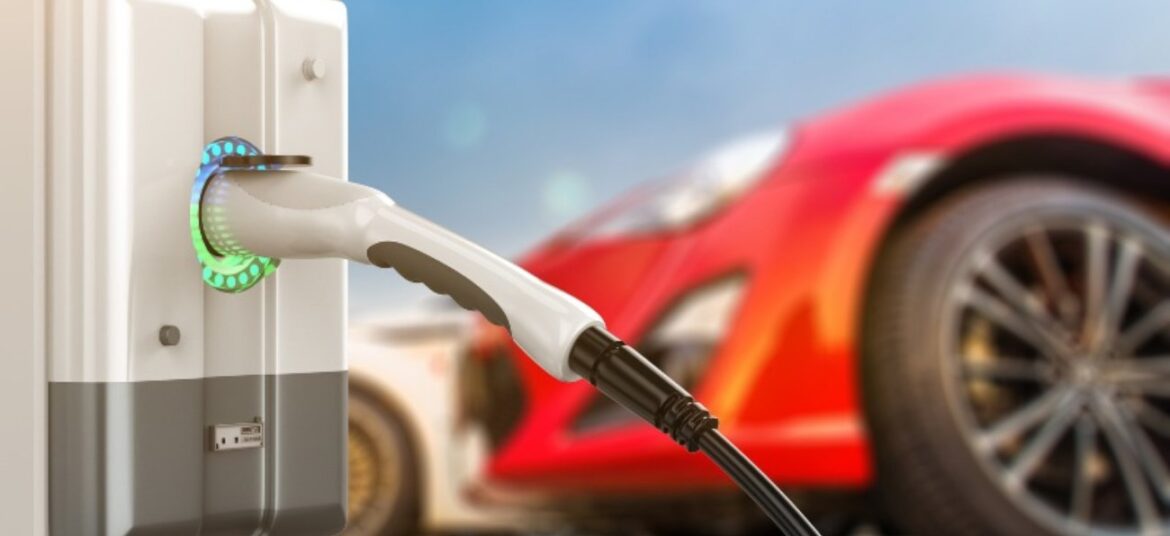
Thailand is known as Detroit of the East with good reason. The country’s automotive sector has a supply chain of more than 2,200 auto component suppliers catering to more than 20 vehicle manufacturers and a dozen motorcycle manufacturers, including the world’s leading Japanese, European, Chinese and American brands. Besides a robust domestic market, Thailand automotive exports cater to over 100 countries, making it the largest player in the ASEAN region. Automobiles and vehicle parts rank among the country’s top exports items, with the sector earning a total of USD 37.6-billion in 2022.
With green mobility identified as one of the key drivers in the global quest to achieve climate goals, automotive powerhouse Thailand is leading the Asian charge in ushering in the electric era. Building on its six decades of competency as an automotive hub, the number one car manufacturing nation in Southeast Asia – and the world’s tenth largest – is taking rapid strides on the path to carbon neutrality and emerging as the model economy of the EV era. Even as Thailand’s traditional automobile industry continues to surge, the country’s forward-looking government has introduced incentive packages to attract foreign investments to boost its EV sector.
Last month alone, two EV majors have broken ground to set up their Thailand plants. While Shenzhen-based BYD plans to produce 150,000 passenger vehicles annually by next year, Zhejiang’s Neta is collaborating with Horizon Plus to build an annual capacity of another 150,000 vehicles for the local as well as international markets. Another Chinese EV maker, Great Wall Motor (GWM), has a plan to invest $685 million to turn Thailand into their ASEAN hub for EV business, which is slated for completion in 2024. While Mitsubishi Motors is investing heavily in plug-in hybrid electric vehicles (PHEV) in Thailand, Mercedes has not only commenced production of its first fully-electric Mercedes-EQS but also the vehicle’s high-performance lithium-ion batteries. Meanwhile, at least 50 Chinese EV auto parts suppliers have also set up offices in Thailand.
BUILDING AN ECOSYSTEM
Buoyed by the government’s supportive policy framework, private stakeholders are joining the campaign to build a robust EV ecosystem for Thailand and export markets, right from OEMs and vehicles to charging infrastructure and disposal mechanisms. Thailand has set a goal to produce 30% of the total vehicle production or about 750,000 EVs by 2030, and by 2040 the number of EVs will increase to 2.5 million. These efforts are building on the Kingdom’s traditional strength in imports and exports, as well as a highly skilled and trained labour force, to make Thailand competitive among the global leaders in the EV space.
On its part, the government is offering attractive incentives to manufacturers to support Thailand’s transition to a regional EV production hub. Thailand’s Board of Investment (BOI) is offering tax as well as non-tax incentives, including an exemption on corporate income tax for up to eight years, across the EV value chain. This includes electric vehicles, EV charging stations and equipment, parts and components, and batteries. The country is truly on its way to being a hub of EV production for the growing domestic and regional market that its automobile manufacturing sector has long served.
ELECTRIFYING OPPORTUNITIES
Auto manufacturers and investors in Thailand can benefit immensely from the country’s free trade agreements (FTAs) with Australia, China, India and New Zealand, besides the 10 member states of ASEAN. The FTAs provide investors an opportunity to expand their supply chain and gain competitive advantage besides enabling greater market access in the region and expanding business opportunities.
Thailand’s Eastern Economic Corridor located in the three eastern provinces of Chonburi, Rayong and Chachoengsao is designed to support 10 target industries, including automobile, to promote emerging technology, innovation and creativity within each sector through targeted government policies and investments. Besides, the government has also cut excise tax rate from 10% to just 2% to encourage EVs. To boost the component industry, the Thai government has recognized 10 components eligible for eight-year CIT holidays. With the Thai government setting ambitious goals for the transition to a net zero economy, its attractive incentives and policies make it an investment magnet for the EV industry.

Jun De Dios is our EVP for Growth & Strategy and he is also our Country Manager for Philippines. Jun was the CEO for AkzoNobel in Vietnam from 2008-13, and then CEO in Indonesia, before being appointed Cluster Director for Indonesia, Malaysia, Thailand, Philippines, Papua New Guinea, Australia, New Zealand and Pacific Islands over the period 2013-2019.
Stay up to update with our latest news.
Have Us Contact You
